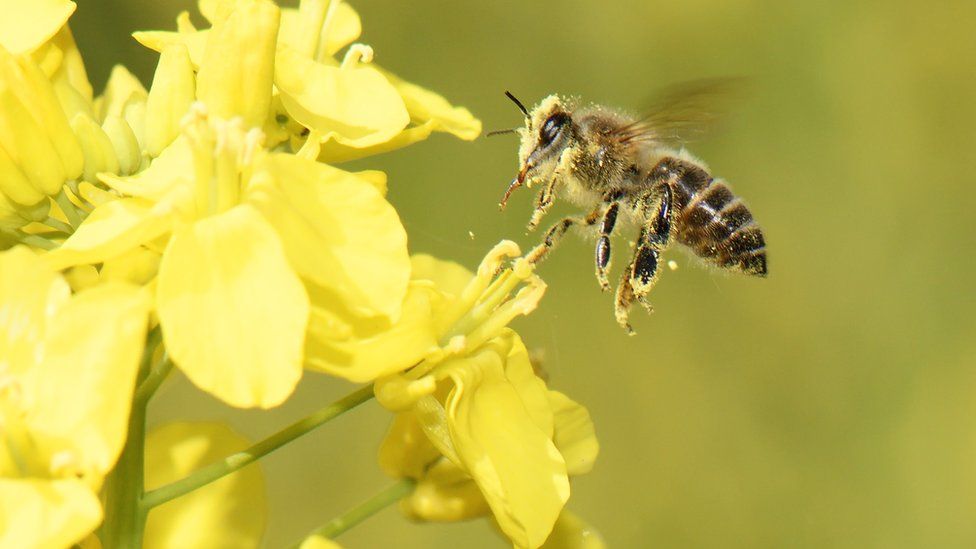When we think of the honeybee, we think of them as crucial pollinators in our ecosystem, responsible for pollinating the majority of the flowers and plants around us. However, a new study from the American Journal of Botany indicates that honeybees are less effective pollinators than other species of bee and other pollinators. Honeybees may have high visitation rates, but they are less effective than the average bee at actual pollination. When bees pollinate plants, they learn information about the colours and patterns on plants to quickly determine where to land that will ensure the most effective rate of pollination. Honeybees are less successful at processing this information, yet are frequent pollinators so may be imperfect substitutes for the loss of wild pollinators.
This research is particularly interesting to us at Bee Conservation as we are looking to expand our business to incorporate other species of bee and other pollinators. It is important to host a large diversity of species in your natural environment to maximise biodiversity and ecological resilience to external challenges. With climate change causing more extreme weather and an overall decline in pollinators, using a variety of pollinators will help conserve the area and protect food systems. Insect pollination is necessary for production in 84% of all crops in Europe and 75% of crops that are used worldwide. Depending on the population of domesticated and wild pollinators, the levels of pollination will vary, but if these rates drop significantly, this could lead to crop failures and food shortages. By identifying ways to provide sustainable pollination services, we will contribute to food security, sustainable agricultural practices, and the success of the UK economy.

